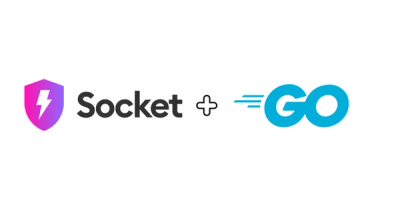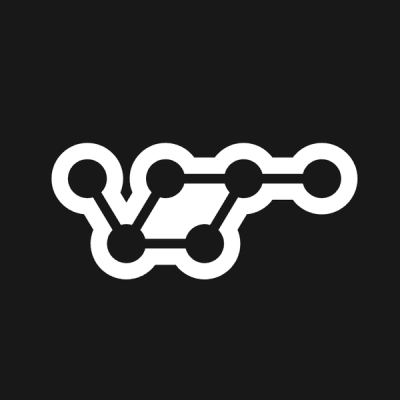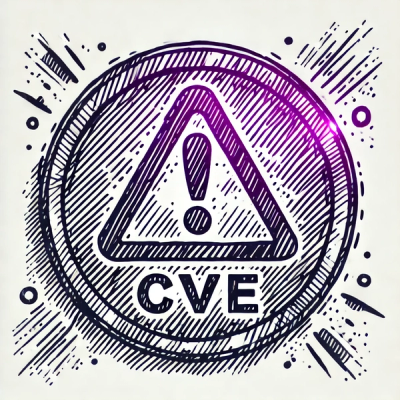
Product
Go Support Is Now Generally Available
Socket's Go support is now generally available, bringing automatic scanning and deep code analysis to all users with Go projects.
@playform/compress
Advanced tools
 | Related | ||
   |   Inline 🦔 |    |   Format 🗻 |
This Astro integration brings compression utilities
to your Astro project.
Note
Compresswill not compress your requests, only your statically generated build and pre-rendered routes.
[!IMPORTANT]
Use
Compresslast in your integration list for the best optimizations.
There are two ways to add integrations to your project. Let's try the most convenient option first!
astro add commandAstro includes a CLI tool for adding first party integrations: astro add. This
command will:
astro.config.* file to apply this integrationTo install Compress, run the following from your project directory and follow
the prompts:
Using NPM:
npx astro add @playform/compress
Using Yarn:
yarn astro add @playform/compress
Using PNPM:
pnpx astro add @playform/compress
First, install the Compress integration like so:
npm install -D -E @playform/compress
Then, apply this integration to your astro.config.* file using the
integrations property:
astro.config.ts
export default {
integrations: [(await import("@playform/compress")).default()],
};
The utility will now automatically compress all your CSS, HTML, SVG, JavaScript
and image files in the Astro outDir folder.
The following image file types will be compressed via sharp:
SVG compression is supported, as well via svgo.
You can override any of the default options from the configurations of:
astro.config.ts
export default {
integrations: [
(await import("@playform/compress")).default({
CSS: false,
HTML: {
"html-minifier-terser": {
removeAttributeQuotes: false,
},
},
Image: false,
JavaScript: false,
SVG: false,
}),
],
};
or disable them entirely:
astro.config.ts
export default {
integrations: [
(await import("@playform/compress")).default({
CSS: false,
HTML: false,
Image: false,
JavaScript: false,
SVG: false,
}),
],
};
You can see the full option map here:
Source/Interface/Option.ts
By default Compress compresses the outDir Astro directory, if you'd like
it to compress a different directory you would have to add it to the Compress
Path option, as well:
export default {
integrations: [
(await import("@playform/compress")).default({
Path: ["./dist", "./Compress"],
}),
],
};
You can add multiple paths to compress by specifying an array as the Path
variable.
astro.config.ts
export default {
integrations: [
(await import("@playform/compress")).default({
Path: ["./Target", "./Build"],
}),
],
};
You can also provide a map of paths for different input output directories.
astro.config.ts
export default {
integrations: [
(await import("@playform/compress")).default({
Path: new Map([["./Source", "./Target"]]),
}),
],
};
Or an array of the two:
astro.config.ts
export default {
integrations: [
(await import("@playform/compress")).default({
Path: [
// Compress Target
"./Target",
// Compress Target one more time into a different directory
new Map([["./Target", "./TargetCompress"]]),
],
}),
],
};
You can filter files to exclude specific ones from compression. A filter can be an array of regular expressions or a single match. You can also use functions to match on file names:
astro.config.ts
export default {
integrations: [
(await import("@playform/compress")).default({
Exclude: [
"File.png",
(File: string) =>
File === "./Target/Favicon/Image/safari-pinned-tab.svg",
],
}),
],
};
You can control the logging level by setting the Logger parameter. The default
value is 2, but you can set it to 0 if you don't want to see debug messages:
astro.config.ts
export default {
integrations: [
(await import("@playform/compress")).default({
Logger: 0,
}),
],
};
See CHANGELOG.md for a history of changes to this integration.
FAQs
Compress 🗜️
We found that @playform/compress demonstrated a healthy version release cadence and project activity because the last version was released less than a year ago. It has 1 open source maintainer collaborating on the project.
Did you know?

Socket for GitHub automatically highlights issues in each pull request and monitors the health of all your open source dependencies. Discover the contents of your packages and block harmful activity before you install or update your dependencies.

Product
Socket's Go support is now generally available, bringing automatic scanning and deep code analysis to all users with Go projects.

Security News
vlt adds real-time security selectors powered by Socket, enabling developers to query and analyze package risks directly in their dependency graph.

Security News
CISA extended MITRE’s CVE contract by 11 months, avoiding a shutdown but leaving long-term governance and coordination issues unresolved.